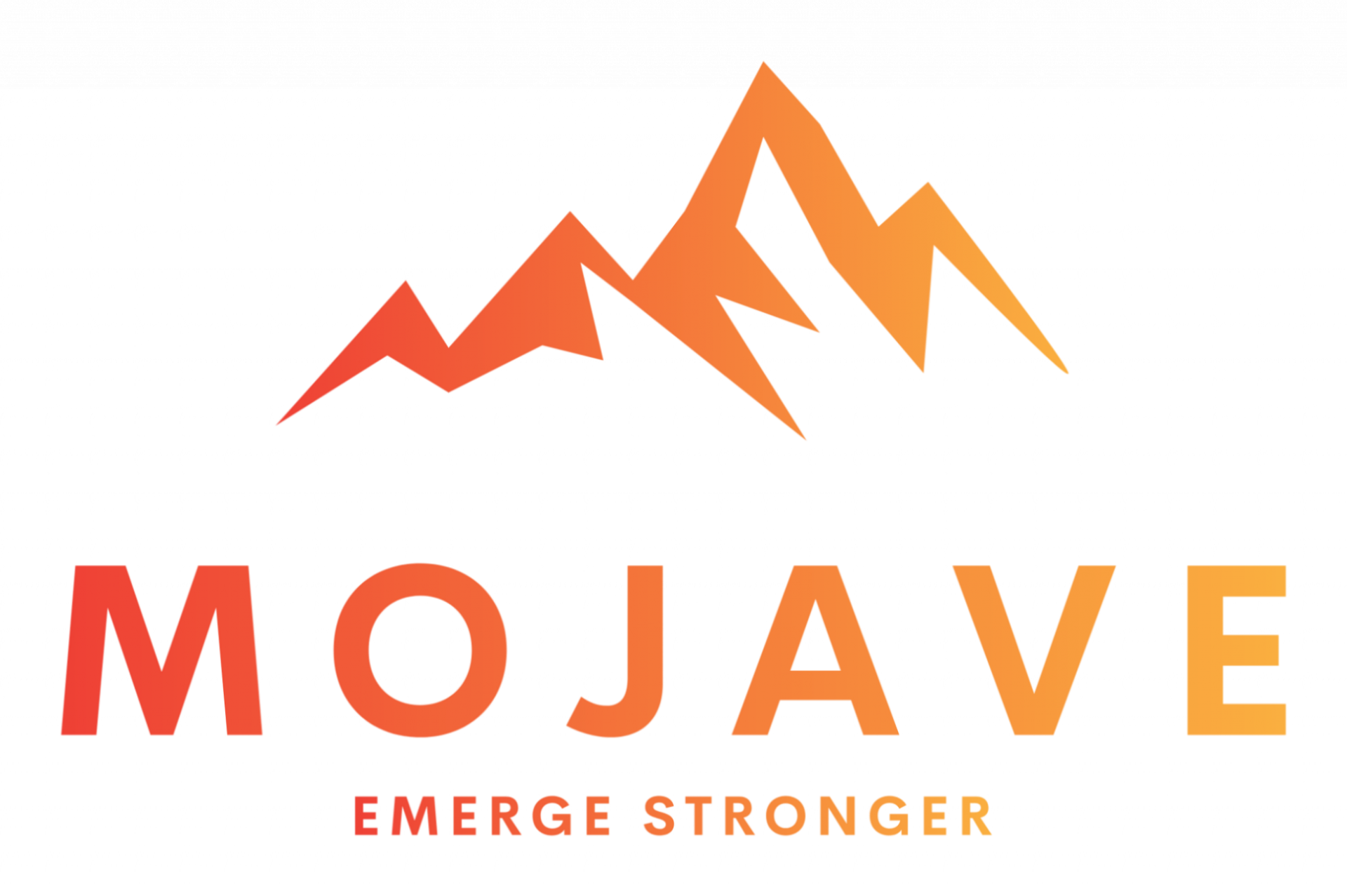It’s really striking, the extent to which we don’t seem to consider the psychology of our own profession, whatever one’s walk of life may be. Is it a part of our culture, at least in a western liberal democratic perspective, to be unconsciously blind to it? Or is it perhaps that we are conscious of it, but we’re just too busy with actual work to do so; we don’t perhaps consider it actual work in itself, even though such consideration is absolutely fundamental to one’s output whatever your bottom line is - financial or capability-based. Either way, I sense, only from my own observations across areas of the public and private sectors, that while some are better than others at trying to keep it front and centre, culturally we appear pre-disposed to avoid navel-gazing and ‘just get on with work’, whatever that may be that particular day. And sometimes, that can really come back to bite us.
Such consideration can prove phenomenally powerful in improving individual and collective performance. Confession time: I say that, only having my own eyes forcibly opened to it in 2015, having been given the task of grappling with an organisational response to a moment of high-profile failure; to find and thus address factors that were ancillary to the actual event itself. Before that, I myself had progressed through and ignored various exhortations to ‘be more self-aware’ , for example numerous coaching courses, but never had I really paid it much mind - because, funny old thing, I was ‘too busy’ to do so. I myself was in the grips of an unconscious psychological incompetence. I saw no real need to consider the psychology of my then business of Armed Service because I felt no disadvantage in not doing so.
Such consideration can prove phenomenally powerful in improving individual and collective performance. Confession time: I say that, only having my own eyes forcibly opened to it in 2015, having been given the task of grappling with an organisational response to a moment of high-profile failure; to find and thus address factors that were ancillary to the actual event itself. Before that, I myself had progressed through and ignored various exhortations to ‘be more self-aware’ , for example numerous coaching courses, but never had I really paid it much mind - because, funny old thing, I was ‘too busy’ to do so. I myself was in the grips of an unconscious psychological incompetence. I saw no real need to consider the psychology of my then business of Armed Service because I felt no disadvantage in not doing so.






